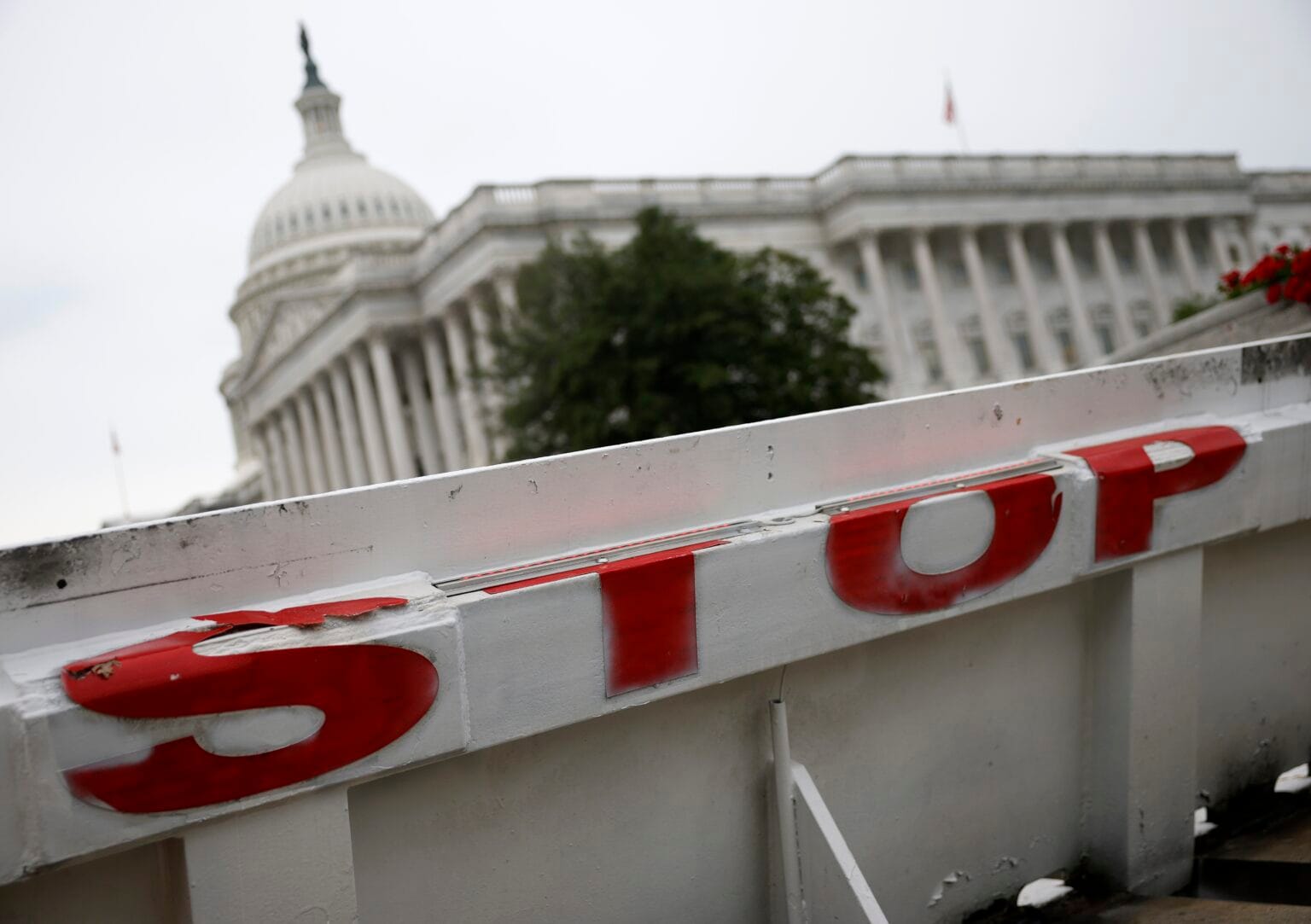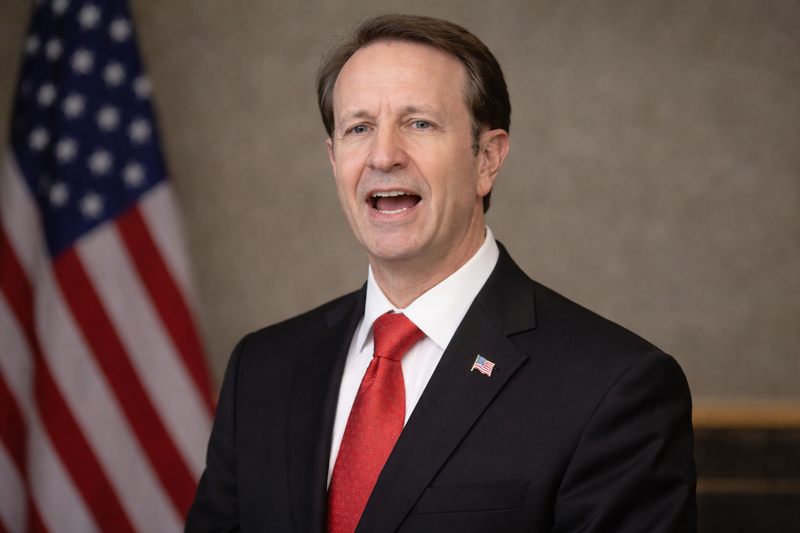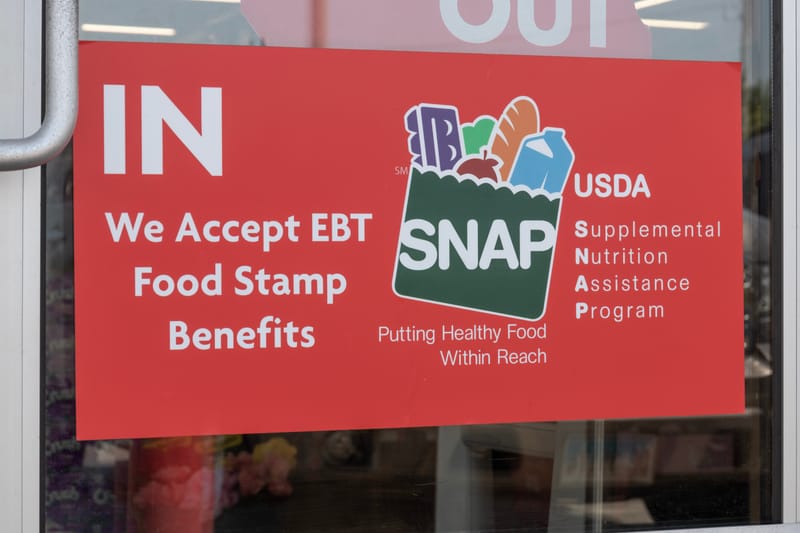Shutdown Leaves Louisiana Facing Flood Insurance Lapse, Health Care Cuts, and Strain on Families
Louisiana faces some of the nation’s steepest consequences from the federal shutdown, with nearly half a million flood insurance policies frozen, health care subsidies at risk for 85,000 residents, and vital nutrition aid for mothers and children hanging in the balance.

BATON ROUGE, La. — The midnight shutdown of the federal government is landing hard in Louisiana, where flood insurance, health care subsidies and nutrition programs hang in the balance—exposing families to financial risk just as hurricane season continues.
The National Flood Insurance Program (NFIP), a federal safety net created after Hurricane Betsy in 1965, expired when Congress failed to pass a short-term spending bill. Nearly 458,000 Louisiana households and businesses hold NFIP coverage, more than any other state.
Current policies remain valid until their expiration dates, but no new policies can be written and no renewals processed during the shutdown. That leaves families in flood-prone parishes like Jefferson, Terrebonne and East Baton Rouge unable to close on mortgages that require active flood insurance.
The program’s claims-paying authority also collapsed overnight from $31 billion to about $1 billion. With months of hurricane season still ahead, state officials warn the fund could be depleted if a major storm hits.
“This is not an abstract problem — it’s people sitting at a closing table, or families staring at flood maps, suddenly unable to protect their homes,” said one Baton Rouge lawmaker.
Health Coverage at Risk
The shutdown also deepens the fight over Affordable Care Act premium tax credits. Without congressional renewal beyond 2025, an estimated 85,000 Louisianans would lose health insurance, according to the Urban Institute. That would strip $705 million from the state’s health care system and push hospitals and clinics to absorb roughly $200 million in uncompensated care.
Strain on Women and Children
The Women, Infants and Children (WIC) program, which provides nutrition assistance for low-income mothers and children, is also in jeopardy. While a small federal contingency fund could keep it afloat for a week, state officials may have to choose between limiting new enrollments or finding emergency funds to continue operations. Without intervention, families could lose access to infant formula, milk, eggs and other staples within days.
Military and Federal Workers
Louisiana’s thousands of federal employees and service members are also caught in the crossfire. The U.S. Coast Guard, headquartered in New Orleans and critical to Gulf Coast security, will continue operations but without paychecks until Congress restores funding. In the last shutdown, Coast Guard families in Louisiana turned to food pantries.
Environmental Risks
The shutdown could also slow oversight of abandoned offshore oil wells, a growing hazard in Louisiana’s coastal waters. With federal regulators furloughed, monitoring and enforcement may stall, leaving leaking wells and aging platforms unchecked.
A State on the Frontline
For Louisiana—already on the front line of climate risk, coastal erosion and high poverty—the shutdown compounds existing vulnerabilities.
“This isn’t just about politics in Washington,” said Michael McEwen of WWNO/WRKF. “It’s about whether Louisiana families have flood protection, whether mothers can buy formula, and whether hospitals can keep their doors open. The stakes could not be higher.”
As Congress remains deadlocked, Louisiana faces a cascade of uncertainty: stalled home sales, uninsured families, unpaid service members and weakened disaster response — all in a state that can least afford it.





